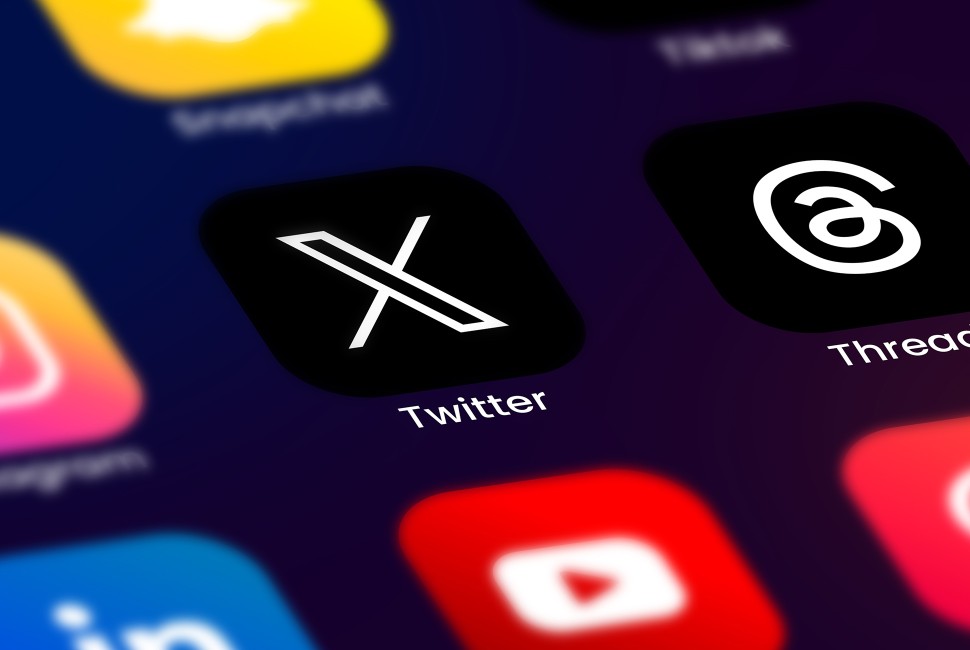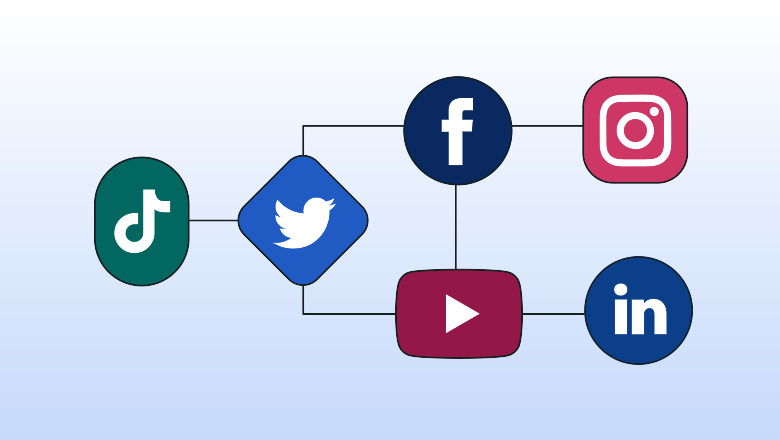Understanding Social Media Algorithms: Navigating the Digital Landscape
In the vast expanse of the digital universe, where billions of users scroll, click, like, and share, an invisible force shapes our online experience: social media algorithms. These intricate systems wield immense power, determining what content we see, whose posts we engage with, and how we perceive the world around us. Welcome to the fascinating world of Understanding Social Media Algorithms: Navigating the Digital Landscape.
Let's start with the basics. What exactly are social media algorithms? They are complex mathematical formulas designed by platforms like Facebook, Instagram, Twitter, and YouTube to curate and prioritize content for each user based on various factors such as relevance, engagement, and recency. Essentially, they act as gatekeepers, sorting through the vast ocean of digital content to deliver a personalized feed tailored to our interests and behaviours.
Now, you might be wondering, why should we care about these algorithms? Well, buckle up, because understanding them is crucial in navigating the digital landscape effectively. Whether you're a social media marketer trying to reach your target audience, a content creator aiming to boost visibility, or simply a user seeking authentic and reliable information, grasping how these algorithms work can significantly impact your online experience.
Imagine this scenario: You're a budding entrepreneur looking to promote your brand on Instagram. You spend hours crafting the perfect post, only to find that it gets buried beneath a sea of cat videos and food photos. Frustrating, right? That's where understanding Instagram's algorithm comes into play. By knowing the factors that influence visibility—such as engagement rates, timing, and hashtag usage—you can strategically optimize your content to increase reach and engagement.
But it's not just about cracking the code for personal gain; it's also about recognizing the broader implications of algorithmic bias and manipulation. Social media algorithms are not neutral arbiters of content; they are programmed by humans and influenced by corporate interests, cultural biases, and political agendas. As a result, they have the power to amplify certain voices while silencing others, perpetuate misinformation and echo chambers, and even shape public opinion and behaviour.
Take the case of Facebook's infamous algorithm experiment, where researchers manipulated the News Feed of users to show either positive or negative content to gauge emotional responses. The results were alarming, revealing the platform's ability to influence users' emotions and moods simply by altering the content they see. This raises profound ethical questions about the responsibilities of tech companies in wielding such influence over global communication.
Moreover, social media algorithms have also been criticized for their role in perpetuating filter bubbles and echo chambers, where users are only exposed to content that aligns with their existing beliefs and preferences. This phenomenon can contribute to polarization, as individuals become increasingly isolated within their own ideological bubbles, insulated from diverse perspectives and alternative viewpoints.
But amidst these challenges lie opportunities for innovation and positive change. As users become more aware of the algorithms shaping their online experience, there's a growing demand for transparency and accountability from tech companies. Initiatives like Facebook's Ad Library and Google's Transparency Report aim to provide insights into how algorithms influence content distribution and advertising practices, empowering users to make informed choices about their digital consumption.
Furthermore, advancements in artificial intelligence and machine learning offer exciting possibilities for creating more equitable and inclusive algorithms. By leveraging algorithms to detect and mitigate bias, prioritize credible sources, and promote diverse voices, we can foster a healthier and more democratic online ecosystem where everyone's voice is heard and respected.
So, where do we go from here? Understanding social media algorithms is not just about deciphering a few lines of code; it's about navigating the complex interplay of technology, society, and human behaviour in the digital age. It's about reclaiming agency over our online experiences, challenging the status quo, and advocating for a more transparent and ethical approach to algorithmic governance.
As we continue to unravel the mysteries of the digital maze, let's embark on this journey with curiosity, critical thinking, and a commitment to shaping a better future for the online world. Together, we can decode the algorithms that shape our digital landscape and harness their potential for positive change. So, are you ready to dive deeper into the fascinating world of Understanding Social Media Algorithms? Let's navigate this digital frontier together.
.png)







Comments
Post a Comment